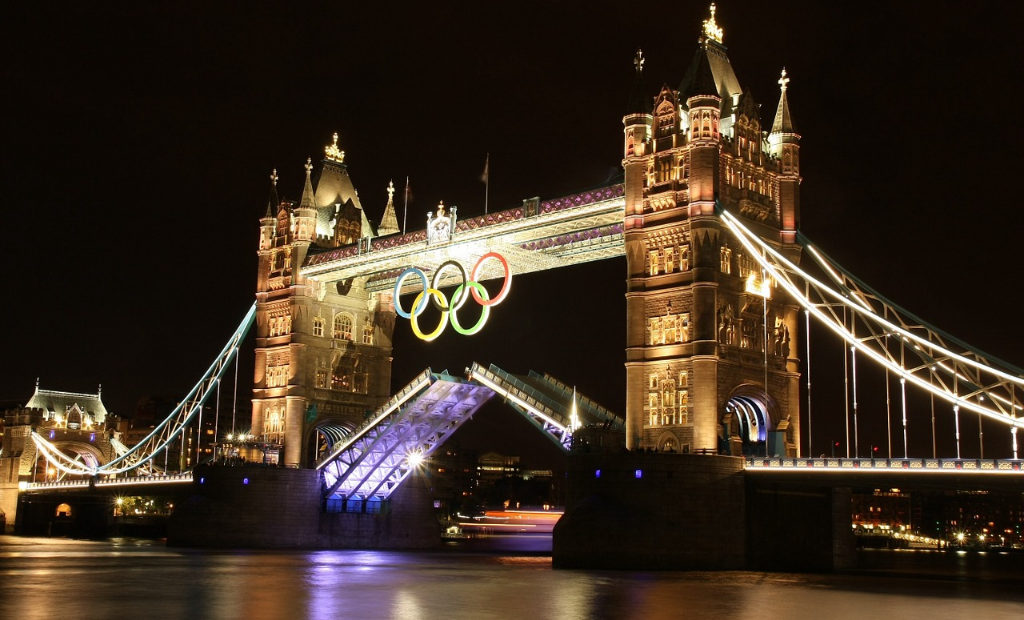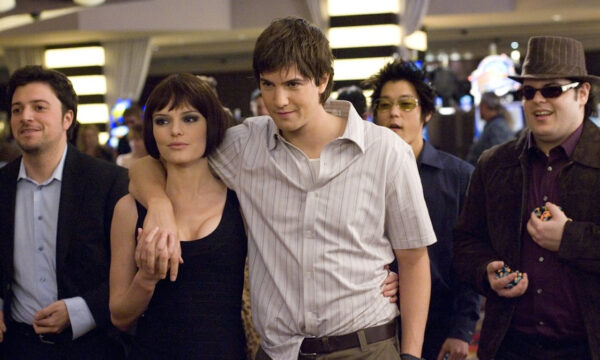The Olympic Games, past, present and future

The Attic Theatre Company delivers a timely piece of topical theatre at the Lilian Baylis Studio with 1936, a play about the controversial lead-up to the Berlin Olympic Games in Nazi Germany.
With London 2012 now within touching distance it was interesting to see the similarities and vast differences between the two spectacles.
The first noticeable event is how the news of confirming the venue of the Olympic Games was delivered back then, in comparison to now. The two Germans who launched the 1936 bid sat in a dark, subdued office waiting for the phone to ring for news on their fate, whilst in modern times the conformation of the London Olympics was beamed worldwide for all to see.
The play is shown through the eyes of an American journalist called William Shirer and he asks questions throughout the performance that often delve into the morals of the Olympic Games in Berlin.
Adolf Hitler is played by Tim Frances and he does a brilliant job of portraying a stubborn yet fragile figure at times, who often relies heavily on his master of propaganda Josef Goebbels to bring him good news regarding the progress of the Olympics.
Goebbels also represents a fragile figure and his famous line to Hitler that the Olympics will be “the making of Germany” was, in fact, given to him by his girlfriend who amusingly calls him “pussycat” throughout.
There was no major nation that boycotted the 1936 Olympics and the USA attended after a close vote which nearly saw them veto the event.
The UK happily went to the Games and there was no mention of any ambitions to not do so in the production. Nazi Germany won an impressive 33 gold medals and by doing so showed to the world that the Third Reich was a dominant machine, surely this gave Hitler the confidence boost to invade the rest of Europe and cause mass devastation.
The story of American super-athlete Jessie Owens is an intriguing watch and his journey goes from training at home with his coach to refusing to endorse a veto of the Games.
His argument is that although the Jews in Germany were being treated wrongly because of their admissions from the sports clubs, the black community in America were being dealt exactly the same hand; he references his grandfather being a slave to back up his argument.
Jessie goes on to win 4 gold medals at the Berlin Olympics, but on his return home he is forced to enter his hotel through the kitchen because he is still a black man in times of segregation.
Narrator William Shirer described the 1936 Olympic Games as magnificent, but he also questions whether it was worth it. Would the Americans have felt better if they had boycotted the Games due to the treatment of the Jews? Would Hitler’s regime have collapsed due to a major nation pulling out of an event that cost Nazi Germany so much money?
Most importantly though, would the Holocaust have occurred? The Olympics drove Nazi Germany forward due to the dominance displayed by their athletes. For Hitler, it was confirmation that his “perfect race” could challenge the world on all fronts.
With the 2012 Olympic Games so close, it is interesting to look at the similarities between the two Games.
There is always one thing that will never change when the Olympics comes around; the country showcasing the event will always be striving to show the world that they are best equipped to make the Games as good as they can possibly be.
This is what Hitler wanted; he wanted to show the world how good Nazi Germany was, the massive stadia, the advanced coverage, the dominant athletes.
This has not changed one little bit and David Cameron will be echoing words similar to Adolf’s in reference to his own country, but in a different moral context.
Alex Smith, Olympics correspondent























Facebook
Twitter
Instagram
YouTube
RSS